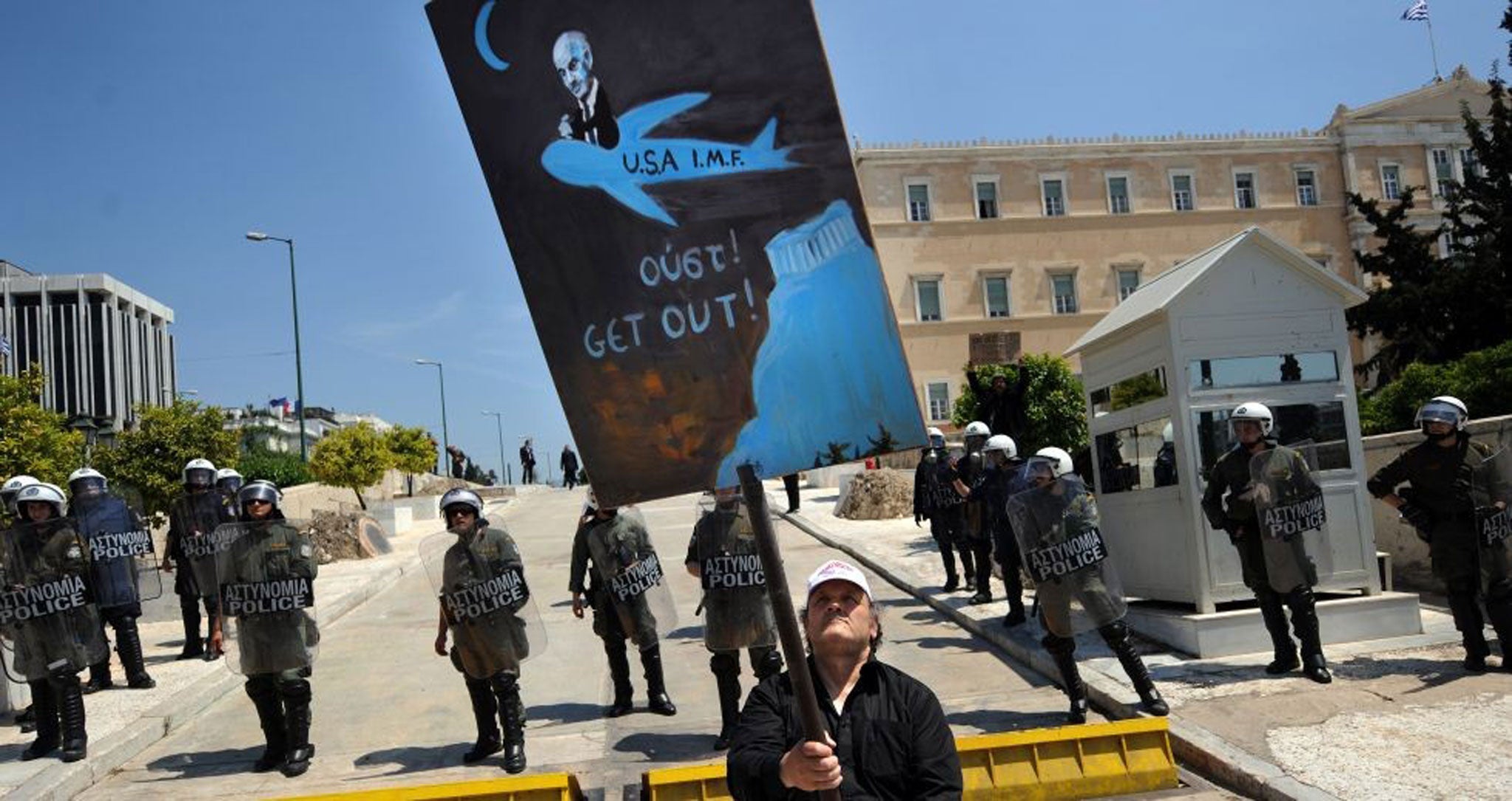Euro woes loiter three years on from bailout
There's still money to be made from euro stocks, but investors remain wary of prospects.

Your support helps us to tell the story
From reproductive rights to climate change to Big Tech, The Independent is on the ground when the story is developing. Whether it's investigating the financials of Elon Musk's pro-Trump PAC or producing our latest documentary, 'The A Word', which shines a light on the American women fighting for reproductive rights, we know how important it is to parse out the facts from the messaging.
At such a critical moment in US history, we need reporters on the ground. Your donation allows us to keep sending journalists to speak to both sides of the story.
The Independent is trusted by Americans across the entire political spectrum. And unlike many other quality news outlets, we choose not to lock Americans out of our reporting and analysis with paywalls. We believe quality journalism should be available to everyone, paid for by those who can afford it.
Your support makes all the difference.Three years on from the "temporary" eurozone bailout, investors remain worried about the prospects for the region, particularly with continuing fears about Cyprus, Spain and Italy among others.
Against that background Germany has been a bit of a powerhouse but with chancellor Angela Merkel running again in the country later this year there remain questions about future growth. Indeed recent economic figures from the eurozone, and Germany in particular, have been disappointing. Yet there have been decent returns to be had for careful investors.
In fact since the bailout was announced on 9 May 2010, the leading Europe equity funds have climbed by around 60 per cent, compared to an average 30 per cent rise for the sector. David Dudding, manager of the Threadneedle European Select fund, says his his success - a 59 per cent rise over three years - is down to careful stock-picking.
"Economic growth in Europe will continue to be sluggish for some time," he says. "However good-value European-based companies, which do business successfully, can still be found."
His secret, he says, is to invest in companies with strong market positions which have proved that they can maintain competitive advantage, pricing power and good returns even in difficult economic scenarios. He cites examples such as Nestle and Anheuser-Busch, the world's largest brewer.
"The riskier cyclicals and financial stocks, although apparently cheap, could still be value traps as they will often be affected by excessive leverage, weak domestic demand and an inability to sustain pricing and returns in a downturn," he warns.
Darius McDermott of Chelsea Financial Services thinks investors should look beyond the current uncertainty. "I think the market is still very good value for longer-term investors. European companies are actually in a much better state than their governments and the continent is home to some world-leading busineses."
However Andrew Milligan, head of global strategy at Standard Life Investments, remains very cautious: "The bailout process, despite many failings, has kept the EMU together as an entity and prevented a major depression across the eurozone.
"However, the price to be paid is that it has seriously undermined investor confidence. There is considerable uncertainty about what future support packages might look like as no uniform approach has so far been agreed. Some of the recent bailouts, such as Cyprus, have left questions floating in the air, such as the threat to depositor accounts."
For cautious investors the message seems pretty clear – wait until some degree of certainty returns to the region. When that will be is impossible to predict.
Stefan Isaccs, manager of M&G European Corporate Bond, says: "We have begun to witness tentative signs of stability, but much work remains to be done."
Join our commenting forum
Join thought-provoking conversations, follow other Independent readers and see their replies
Comments